Axis vs Dahua: Which is better? Axis Communications and Dahua Technology are two different companies that specialize in the field of video surveillance and security solutions. Both companies offer a range of products and solutions for various applications, including surveillance cameras, video management systems, and other related equipment.
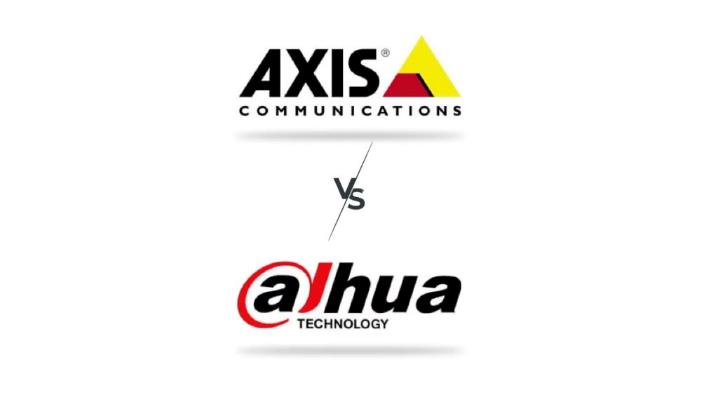
Axis Communications and Dahua Technology are two different companies that specialize in the field of video surveillance and security solutions. Both companies offer a range of products and solutions for various applications, including surveillance cameras, video management systems, and other related equipment.
Axis vs Dahua
What are the company profiles of the brands?
Here are brief profiles of Axis Communications and Dahua Technology:
Axis
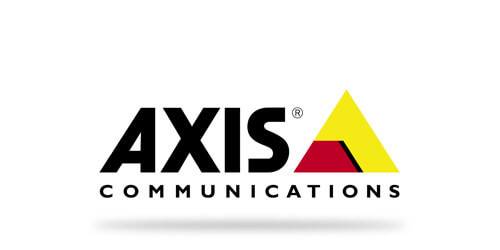
• Headquarters: Lund, Sweden
• Key Focus Areas:
◦ Axis is a market leader in network video solutions.
◦ They specialize in the development and manufacturing of security cameras, video encoders, software, and accessories.
◦ The company is known for its commitment to innovation and high-quality products.
◦ Axis products are widely used in various industries, including retail, transportation, education, and more.
• Global Presence:
◦ Axis has a strong global presence with operations in over 50 countries.
◦ They collaborate with a network of partners, distributors, and system integrators.
Dahua

• Headquarters: Hangzhou, China
• Key Focus Areas:
◦ Dahua is a major player in the global video surveillance market.
◦ The company provides a comprehensive range of products, including network cameras, HDCVI cameras, recorders, and other security solutions.
◦ Dahua serves both residential and commercial markets, offering solutions for various applications.
• Global Presence:
◦ Dahua has a significant global presence, with a strong market share in Asia, Europe, and other regions.
◦ The company is recognized for its extensive distribution network and partnerships worldwide.
How do the prices of Axis and Dahua cameras compare?
The pricing of Axis and Dahua cameras can vary significantly based on several factors, including the specific model, features, technology, and intended use. It’s important to note that pricing information may change over time due to market fluctuations, product releases, and other factors.
Axis Communications
• Positioning: Axis cameras are generally positioned as premium products with a focus on quality, innovation, and advanced features.
• Price Range: Axis cameras are often priced at the higher end of the market. The cost is reflective of the brand’s reputation for producing high-quality, reliable, and technologically advanced surveillance solutions.
• Target Audience: Axis cameras are commonly chosen for applications where top-notch image quality, durability, and a wide range of features are essential. This often includes critical infrastructure, high-security environments, and commercial installations.
Dahua Technology
• Positioning: Dahua cameras are known for offering a diverse range of products that cater to various market segments, including residential, commercial, and enterprise customers.
• Price Range: Dahua cameras are often positioned at a more competitive price point compared to some premium brands. This can make Dahua products more accessible for a broader range of applications and budgets.
• Target Audience: Dahua cameras are chosen for a wide array of applications, including small to medium-sized businesses, residential installations, and projects with budget considerations.
Factors Affecting Prices
1.Camera Specifications: Higher resolution, advanced analytics, low-light capabilities, and other features can contribute to a higher price for both Axis and Dahua cameras.
2.Technology: The use of cutting-edge technologies, such as advanced image sensors and video analytics, can impact the pricing of cameras from both manufacturers.
3.Build Quality: Axis cameras are often recognized for their robust build quality, which may contribute to a higher price point.
4.Brand Reputation: Axis, being a premium brand, may command higher prices based on its reputation for quality and innovation.
5.Market Dynamics: Local market conditions, distribution channels, and competition can influence the pricing of both Axis and Dahua cameras.
What is the video quality like for Axis and Dahua cameras?
Axis and Dahua are both reputable manufacturers of surveillance cameras, and they offer a range of products with varying video quality. The video quality of cameras from these manufacturers can depend on several factors, including the specific model, resolution, and other features.
Axis Communications is known for producing high-quality network cameras with advanced features. They offer cameras with different resolutions, including Full HD (1080p) and even higher resolutions for more demanding applications. Some Axis cameras also support features like Wide Dynamic Range (WDR) and low-light capabilities, enhancing overall video quality in challenging conditions.
Dahua Technology, on the other hand, is a prominent player in the video surveillance industry. They offer a wide range of cameras with varying resolutions, from standard definition to high definition (HD) and beyond. Dahua’s higher-end models often feature advanced image processing technologies, such as Starlight technology for improved low-light performance.
To determine the specific video quality of a camera from Axis or Dahua, it’s crucial to look at the specifications of the individual camera models. Pay attention to factors such as resolution (measured in pixels), frame rate, and additional features that contribute to image clarity and quality.
Axis Communications
• High-Quality Imaging: Axis cameras are well-regarded for delivering high-quality images and videos. They often use advanced image sensor technologies and optics to provide clear and detailed footage.
• Resolution Options: Axis offers a range of camera models with different resolution options, including Full HD (1080p), 4K, and even higher resolutions in some cases. Higher resolution can contribute to better image clarity.
• Low-Light Performance: Some Axis cameras are equipped with advanced low-light and WDR (Wide Dynamic Range) capabilities, allowing them to perform well in challenging lighting conditions.
Dahua
• Diverse Range of Cameras: Dahua offers a diverse range of cameras catering to different needs, from basic surveillance to advanced applications.
• Resolution Options: Dahua cameras come in various resolutions, including Full HD, 4K, and beyond. The selection allows users to choose the level of detail that suits their specific requirements.
• Low-Light Capabilities: Many Dahua cameras are designed with features such as infrared (IR) illumination and low-light sensitivity to provide clear images even in low-light conditions.

What kind of NVR systems do Axis and Dahua offer?
Both Axis Communications and Dahua Technology offer Network Video Recorder (NVR) systems as part of their video surveillance solutions. NVRs are devices used to record and store video footage from IP cameras. Below is a general overview of the NVR systems offered by Axis and Dahua:
Axis Communications:
• Axis Camera Station:
◦ Axis provides its own video management software called Axis Camera Station. This software is designed to work seamlessly with Axis cameras and other network video devices.
◦ Axis Camera Station supports features such as video recording, live view, and playback. It is suitable for small to mid-sized surveillance systems.
• Integration with Third-Party NVRs:
◦ While Axis offers its own software solution, Axis cameras are also compatible with a wide range of third-party NVR systems. Axis focuses on providing open and interoperable solutions.
Dahua Technology:
• Dahua NVRs:
◦ Dahua offers a comprehensive range of NVRs designed to work with its IP cameras and other surveillance products. These NVRs vary in terms of capacity, features, and form factors.
◦ Dahua’s NVRs support various video compression formats, including H.265 and H.264, to optimize storage efficiency.
• Smart Features:
◦ Many Dahua NVR models come with smart features such as intelligent video analytics, POS (Point of Sale) integration, and other advanced functionalities.
◦ Dahua NVRs are often designed to support a large number of channels, making them suitable for both small-scale and large-scale surveillance deployments.
• Integration with Software Platforms:
◦ Dahua’s NVRs are compatible with various video management software (VMS) platforms. Dahua also provides its own management software, such as DSS (Dahua Security Software).
• Hybrid Solutions:
◦ Dahua offers hybrid solutions that can integrate with both IP cameras and analog cameras, providing flexibility for users with existing analog systems.
Considerations:
1.Scalability: Both Axis and Dahua provide NVR solutions that can scale to meet the needs of different-sized installations, from small businesses to large enterprises.
2.Compatibility: Both manufacturers focus on ensuring compatibility with their own cameras, and in the case of Axis, compatibility with third-party systems is also emphasized.
3.Smart and Advanced Features: Dahua’s NVRs often come with advanced features and analytics, providing additional functionality beyond basic recording.
4.Open Standards: Axis is known for adhering to open standards, allowing for greater flexibility and interoperability with various devices and systems.
What are the similarities between Axis and Dahua cameras?
Axis Communications and Dahua Technology are both prominent players in the video surveillance industry, and while they have differences in their origin, approach, and specific product offerings, there are also some similarities between Axis and Dahua cameras:
1.Wide Range of Products: Both Axis and Dahua offer a diverse range of surveillance cameras, catering to various needs and applications. This includes dome cameras, bullet cameras, PTZ (Pan-Tilt-Zoom) cameras, and specialized cameras for different environments.
2.Network Cameras: Both companies are known for their IP (Internet Protocol) or network cameras. Network cameras use digital technology to transmit video over a network, providing flexibility and scalability in surveillance systems.
3.High-Resolution Options: Axis and Dahua provide cameras with a range of resolutions, including Full HD (1080p), 4K, and even higher resolutions. Higher resolution cameras allow for more detailed image capture.
4.Technological Innovation: Axis and Dahua emphasize technological innovation in their products. Both companies invest in research and development to incorporate advanced features and technologies into their cameras, such as intelligent analytics, advanced image sensors, and low-light performance.
5.Compatibility and Integration: Both Axis and Dahua design their cameras to be compatible with various third-party systems, including video management software (VMS), access control systems, and other security solutions. This interoperability allows users flexibility in building and expanding their surveillance ecosystems.
6.International Presence: Both companies have a global presence and market their products internationally. They have distribution channels, partnerships, and customer support services in various regions.
7.Support for Industry Standards: Both Axis and Dahua adhere to industry standards, contributing to the interoperability of their products with other devices and systems. This adherence to standards enhances the flexibility of their solutions.
8.Focus on Security: Both Axis and Dahua prioritize the security features of their cameras. This includes secure communication protocols, encryption, and authentication mechanisms to ensure the integrity of the video data.
9.Product Lifecycle Management: Both companies follow product lifecycle management practices, providing firmware updates and support for their products over time. This ensures that customers can maintain the security and functionality of their surveillance systems.
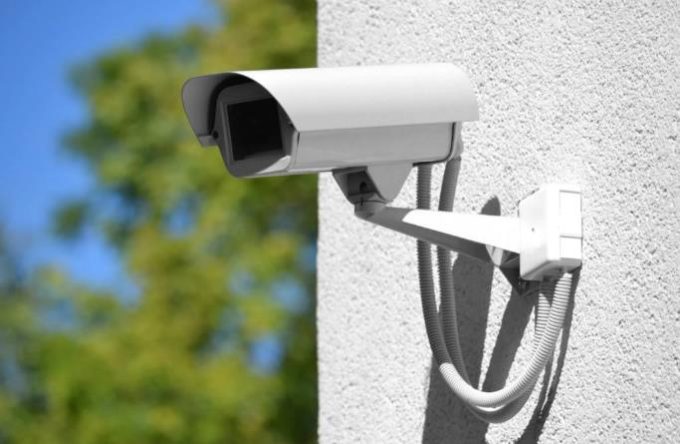
Which brand is better suited for home security?
When choosing between Axis and Dahua for home security, several factors should be considered to determine which brand is better suited for your specific needs. Both Axis and Dahua offer a range of cameras suitable for residential security, and the decision may depend on factors such as budget, desired features, and personal preferences. Here are some considerations.
Axis Pros
1.Quality and Innovation: Axis is known for its commitment to quality and innovation. Their cameras often feature advanced technologies and high-quality components.
2.Product Range: Axis provides a variety of camera models suitable for different home security applications, from basic surveillance to more advanced features.
3.Compatibility: Axis cameras are designed to work well with various third-party systems and software, providing flexibility for integration with other smart home devices.
Axis Cons
1.Higher Cost: Axis cameras are often positioned at the higher end of the market, which may result in a higher upfront cost compared to some other brands.
Dahua Pros
1.Cost-Effective Options: Dahua offers a wide range of cameras at various price points, making them more budget-friendly for residential users.
2.Diverse Product Portfolio: Dahua’s product portfolio includes cameras with different resolutions and features, allowing users to choose based on their specific requirements.
3.Smart Home Integration: Dahua cameras often provide options for integration with smart home platforms and other devices.
Dahua Cons
1.Brand Perception: While Dahua is a major player in the global market, some users may be cautious about the perception associated with certain Chinese brands in terms of security and privacy.
Considerations
1.Budget: If budget is a primary consideration, Dahua may offer more cost-effective options for home security without compromising on essential features.
2.Features: Consider the specific features you need for your home security system, such as resolution, low-light performance, and smart home integration. Both Axis and Dahua offer models with various capabilities.
3.Brand Reputation: Axis is often associated with a premium and reliable brand image. If brand reputation is crucial for your decision, Axis may be a preferred choice.
4.Local Support and Regulations: Check for the availability of local support, warranty services, and compliance with local regulations. This can be important for installation, maintenance, and legal considerations.
5.Scalability: Consider whether you may want to expand your security system in the future. Both brands offer scalability, but it’s essential to plan for potential future requirements.
6.Personal Preferences: Evaluate user interfaces, setup processes, and any additional features that align with your personal preferences and ease of use.
What is the price verdict for Axis vs. Dahua cameras?
determining a specific price verdict for Axis vs. Dahua cameras can be challenging due to the wide range of camera models offered by both manufacturers, each with varying specifications and features. Prices are influenced by factors such as camera type, resolution, advanced features, and regional market conditions. Additionally, product prices may change over time due to market dynamics and new product releases.
Axis Communications
1.Premium Positioning: Axis cameras are often positioned as premium products in the market.
2.Higher Upfront Cost: Axis cameras typically come with a higher upfront cost compared to some other brands.
Dahua Technology
1.Varied Price Range: Dahua offers a diverse range of cameras at different price points, providing options for various budgets.
2.Cost-Effective Options: Some Dahua cameras may be more budget-friendly, making them accessible for different applications.
Factors Influencing Price:
1.Resolution: Higher resolution cameras generally come with a higher price tag. Both Axis and Dahua offer cameras at various resolutions to suit different needs.
2.Advanced Features: Cameras with advanced features such as analytics, motorized zoom, and specialized capabilities may be priced higher.
3.Camera Type: The type of camera (e.g., dome, bullet, PTZ) can influence the price. Specialty cameras often come with a higher cost.
4.Brand Reputation: Axis’s premium reputation is reflected in its pricing. Dahua’s reputation for offering cost-effective solutions may be reflected in their pricing strategy.
5.Local Market Conditions: Prices can vary based on regional market conditions, distribution costs, and local demand.
Considerations:
1.Budget Constraints: If you have budget constraints, Dahua cameras may provide cost-effective options without sacrificing essential features.
2.Specific Requirements: Consider the features and specifications that are crucial for your surveillance needs. Both Axis and Dahua offer a range of models catering to different requirements.
3.Long-Term Costs: While Axis cameras may have a higher upfront cost, their reputation for quality and durability may result in lower long-term maintenance and replacement costs.






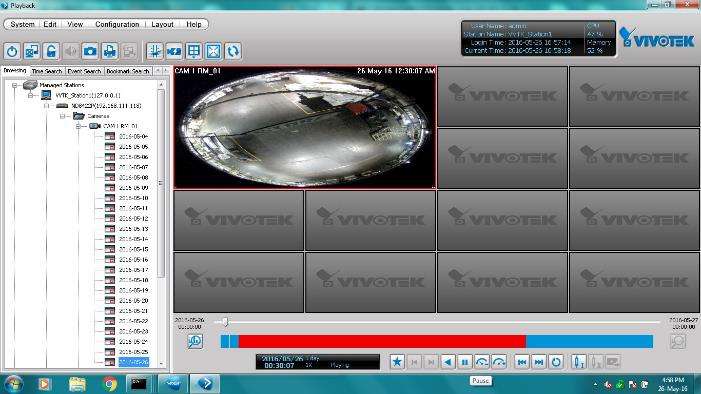
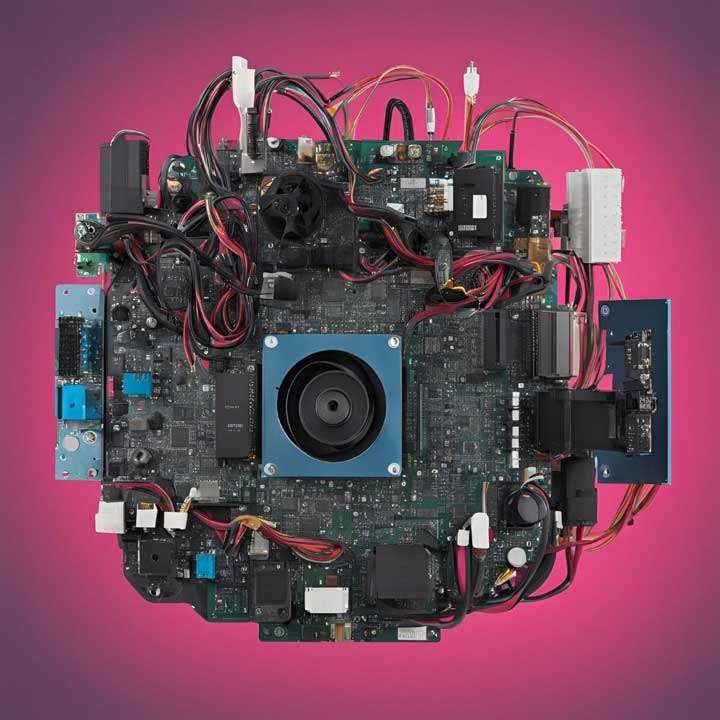
Pingback: Dahua NVR FAQ - CCTV Knowledge Base